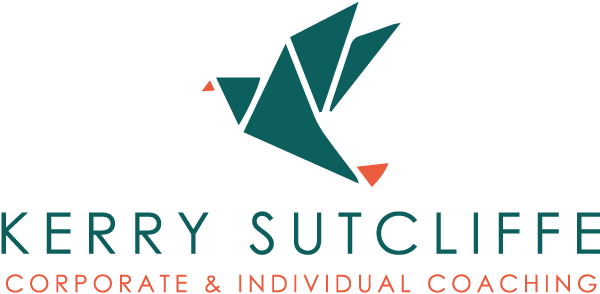Have you ever wondered about the differences between coaching and therapy? As a coach, it’s something I get asked – a lot. As I always say to my clients during our first chat, ‘I am not a therapist, however this may feel very therapeutic!’ So, let’s explore the differences and discover which approach might be right for you.
Coaching and therapy are both powerful tools that can assist individuals in navigating life’s challenges. While they share some similarities, there are notable distinctions that set them apart.
About coaching
Coaching is like having a skilled guide and champion on your journey towards personal and professional growth. It’s all about the present and future, focusing on setting goals, overcoming obstacles and reaching your full potential. Picture a sports coach who helps athletes refine their skills and achieve peak performance. Similarly, a coach partners with you to explore your aspirations, values, vision and strengths, while providing support, motivation and accountability along the way. It’s a collaborative process aimed at unlocking your untapped potential.
About therapy
On the other hand, therapy takes a deep dive into the past, present, and future. It is rooted in healing and understanding the complexities of one’s emotions, thoughts and behaviours. Therapists are trained professionals who specialise in addressing mental health concerns, unresolved trauma and emotional well-being. They offer a safe space for exploration, introspection and healing. Think of therapy as a journey inward and sometimes backwards, where you can gain insights into your inner workings and cultivate emotional resilience.
Which one first?
While coaching primarily focuses on enhancing performance and achieving specific goals, therapy delves into psychological and emotional healing. They cater to different needs but can complement each other in many situations. For example, if you’re grappling with deep-rooted emotional challenges that you feel are not healthy for you, therapy may be the right avenue to explore first. Once you’ve gained a solid foundation of emotional well-being, then coaching might then be a good tool to propel you forward towards your goals and aspirations. Likewise, you may start with coaching and somewhere during the journey, you might gain the awareness that there is something ‘deeper’ there, perhaps from something in your past, and you now believe you might benefit from therapy.
Where do I start to find someone?
Coaching is a burgeoning field with a diverse range of practitioners. It’s essential to seek out a qualified coach who aligns with your needs and values and who you connect with. I recommend you find someone qualified with the ICF – their international coach finder tool is here. Most coaches offer a free ‘chemistry’ session where you can explore whether you connect and what you might gain from more sessions.
Therapy is a regulated profession and therapists adhere to established guidelines and ethical frameworks. You can seek a referral to a therapist via your doctor, your ‘People’ department at work, or you can look privately for somebody. A handy tool to locate a professional (in the UK) is here. Again, most therapists are happy to have a phone call prior to charging you for their time.
Which one should I choose?
As always in life….there’s no one-size-fits-all approach. The decision to embark on coaching or therapy depends on your specific circumstances, goals, and personal preferences. If you’re seeking clarity, personal growth, and guidance towards a desired future, coaching might be for you right now. On the other hand, if you’re grappling with deep rooted emotional distress or mental health concerns that feel overwhelming and are effecting your day to day, therapy may be the right place to start to provide the support and healing you need.
So, whether you choose coaching, therapy, or a combination of both, take that step towards investing in yourself. You deserve to thrive, flourish, and lead a fulfilling life! A chat with a therapist, or the first session with a coach like me is usually free of charge, so you have nothing to lose and potentially a hell of a lot to gain. Right?
Note: The information provided in this blog post is for informational purposes only and should not be considered a substitute for professional advice. If you require assistance, please consult with a qualified coach or professional doctor or therapist.

